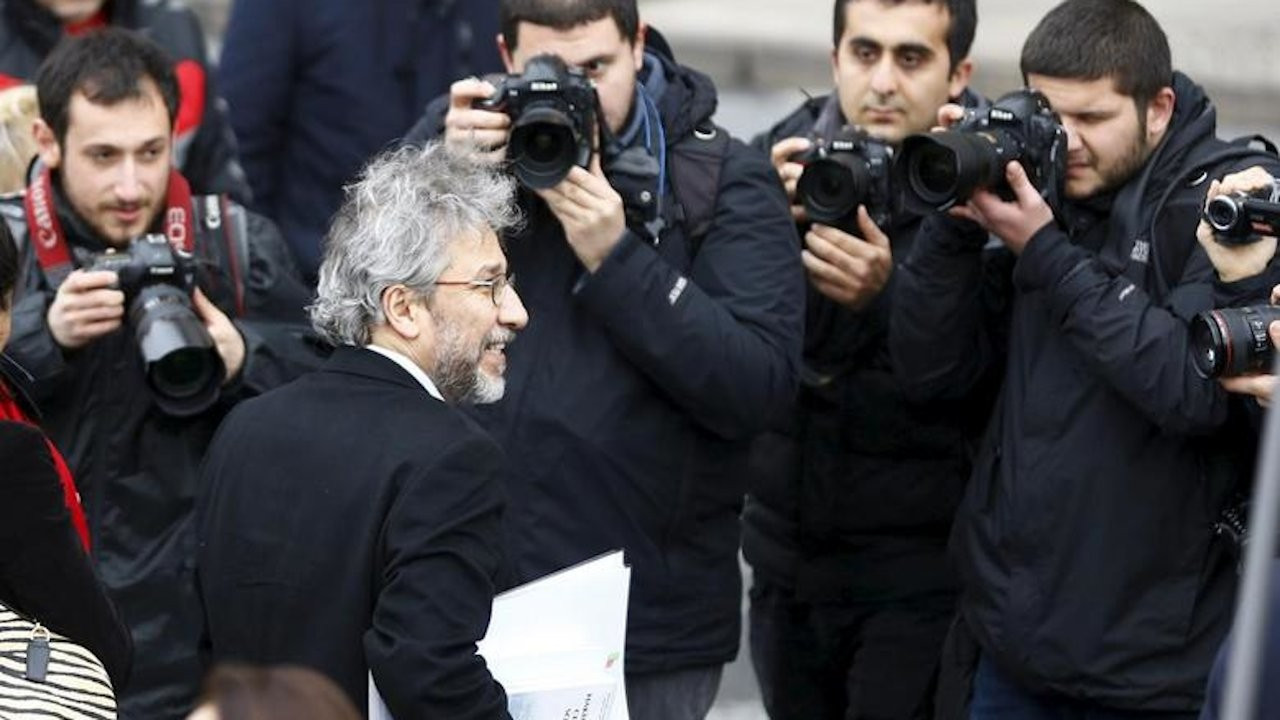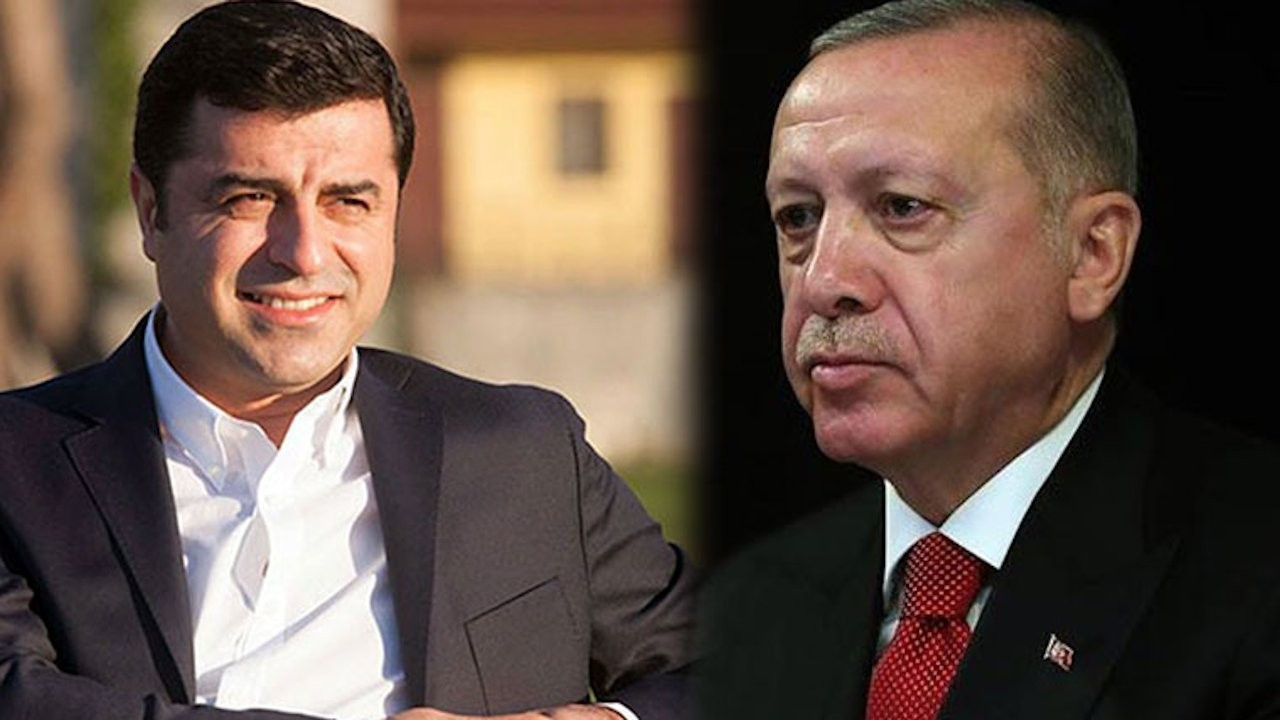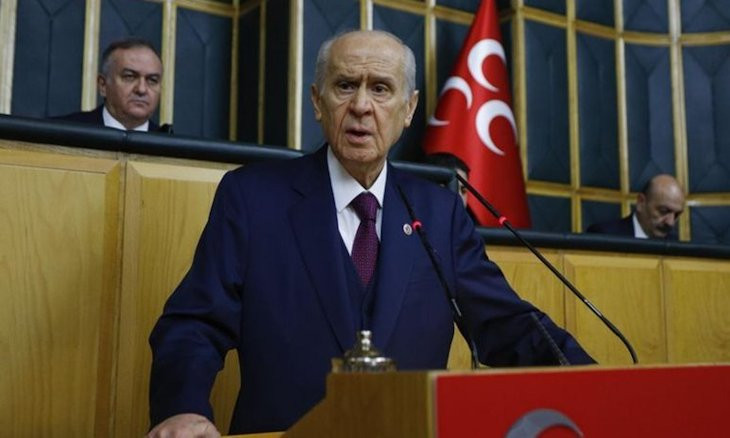Turkish gov't can't launch legal reforms with antagonizing rhetoric, opposition leader Babacan says
Turkish government officials cannot deliver on their promised legal reforms since they in fact do not believe in their necessity, former deputy Prime Minister and Democracy and Progress Party (DEVA) leader Ali Babacan said. The government selects someone new to antagonize each week, and points them as the "enemy of the week," Babacan said.
Duvar English
The ruling People's Alliance will not be able to implement a legal reform as promised, as it carries out divisive rhetoric that constantly brands someone as the "enemy of the week," Democracy and Progress Party (DEVA) leader and former deputy Prime Minister Ali Babacan said on Dec. 24.
A former member of the ruling Justice and Development Party (AKP), Babacan said that the current administration in fact lacks belief in the necessity of legal reform.
President Recep Tayyip Erdoğan said on Nov. 13 that a new chapter of reforms would begin in the economy and the judiciary, which was thought to possibly indicate the release of philanthropist Osman Kavala and former chairman of pro-Kurdish Peoples' Democratic Party (HDP) Selahattin Demirtaş.
That possibility quickly vanished as a former mob leader close to President Erdoğan's alliance partner Devlet Bahçeli threatened the main opposition for encouraging the release of two iconic names, whose cases have both been ruled to violate their rights by the European Court of Human Rights (ECHR).
"Pay attention, you'll see that they always come up with new enemies. They have an 'enemy of the week' board where they choose who to antagonize each week," Babacan said on online news broadcaster Olay TV.
The DEVA leader noted that people's real enemies are poverty, unemployment and the pandemic, whereas the ruling AKP and its alliance partner carry out divisive rhetoric that creates societal conflict.
"This country's political unity should be the main goal. You can't establish unity in the country by antagonizing different fractions," Babacan said.
President Erdoğan most recently called former HDP co-chair Demirtaş "a terrorist," although the accusation is a common one targeted at critics of the administration.
Journalist Can Dündar was sentenced to 27 years and six months in prison on Dec. 23 on terrorism and espionage charges for reporting on the Turkish secret service's military support to Syrian jihadist groups in 2014.
The president also accused the Turkish Medical Association (TTB) members of being terrorists at one point during the pandemic for opposing Ankara's official COVID-19 numbers that were later revealed to be, in fact, faulty.

 Turkey sentences exiled journalist Can Dündar to 27 years in prison in Syria-bound intel trucks casePolitics
Turkey sentences exiled journalist Can Dündar to 27 years in prison in Syria-bound intel trucks casePolitics Judicial reforms won't protect jailed Kurdish politician Selahattin Demirtaş: ErdoğanPolitics
Judicial reforms won't protect jailed Kurdish politician Selahattin Demirtaş: ErdoğanPolitics Erdoğan ally calls for closure of top medial association for protesting increasing COVID-19 infectionsPolitics
Erdoğan ally calls for closure of top medial association for protesting increasing COVID-19 infectionsPolitics